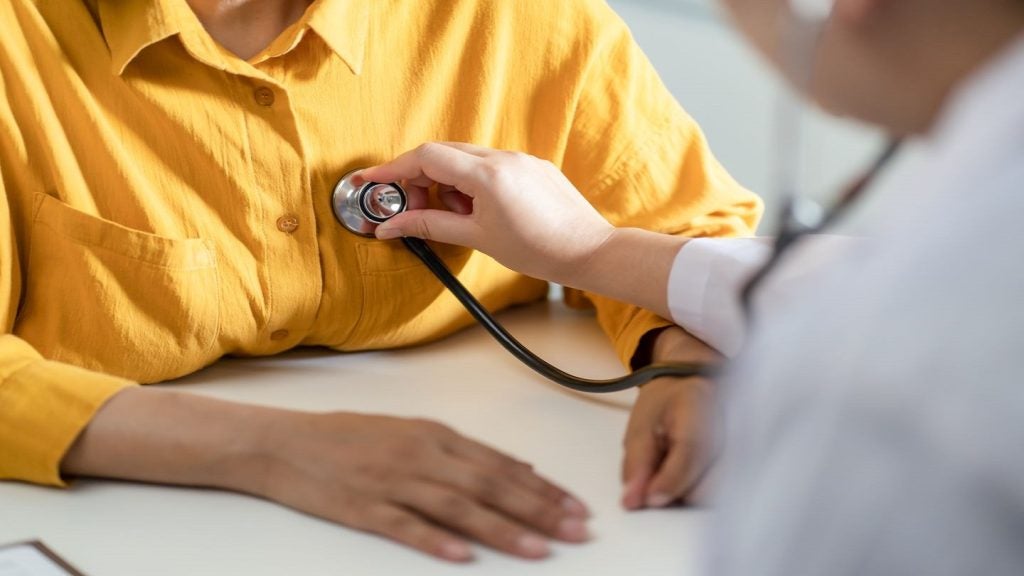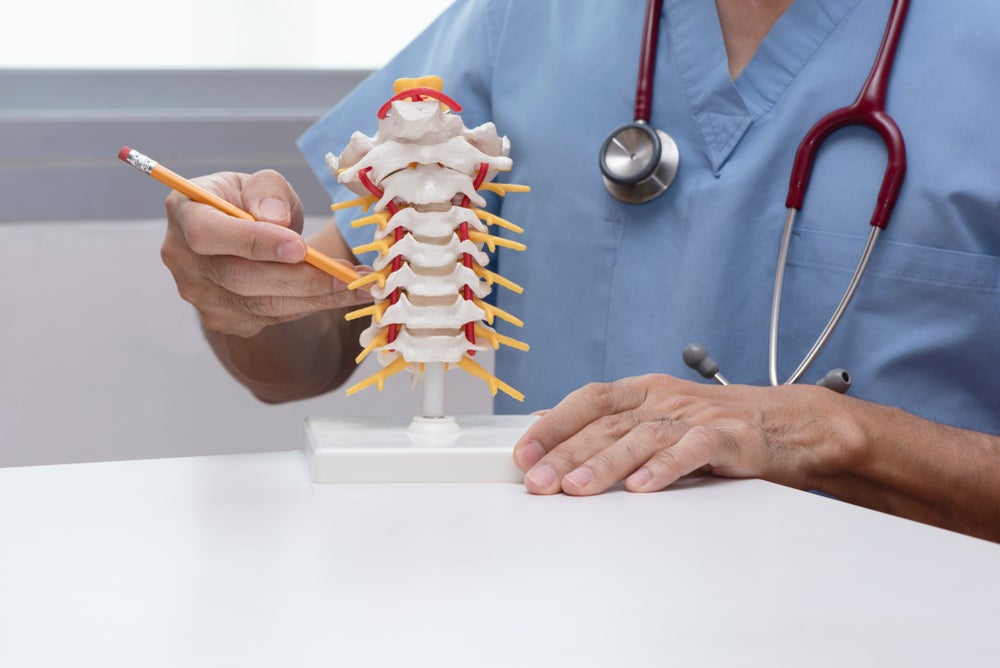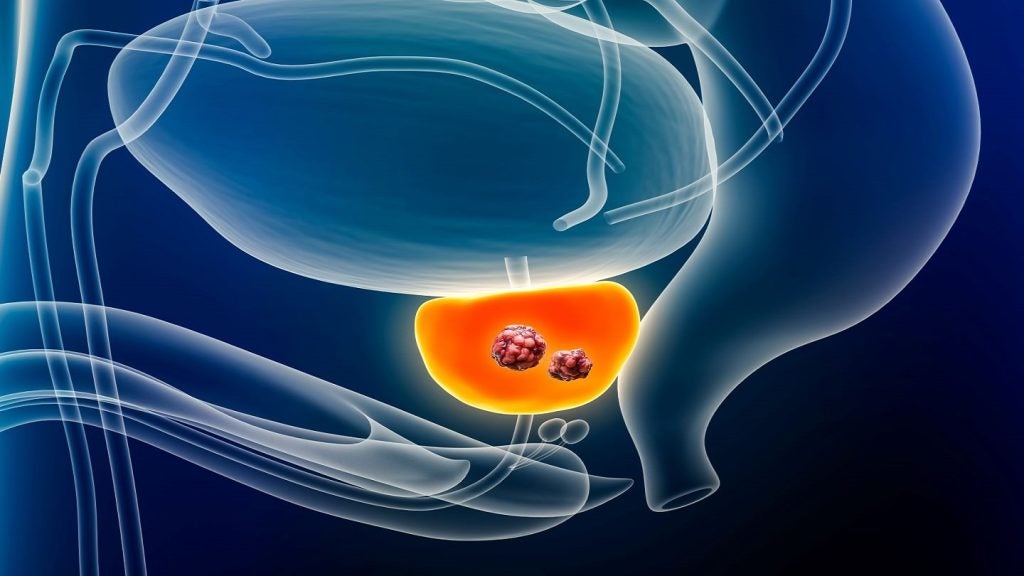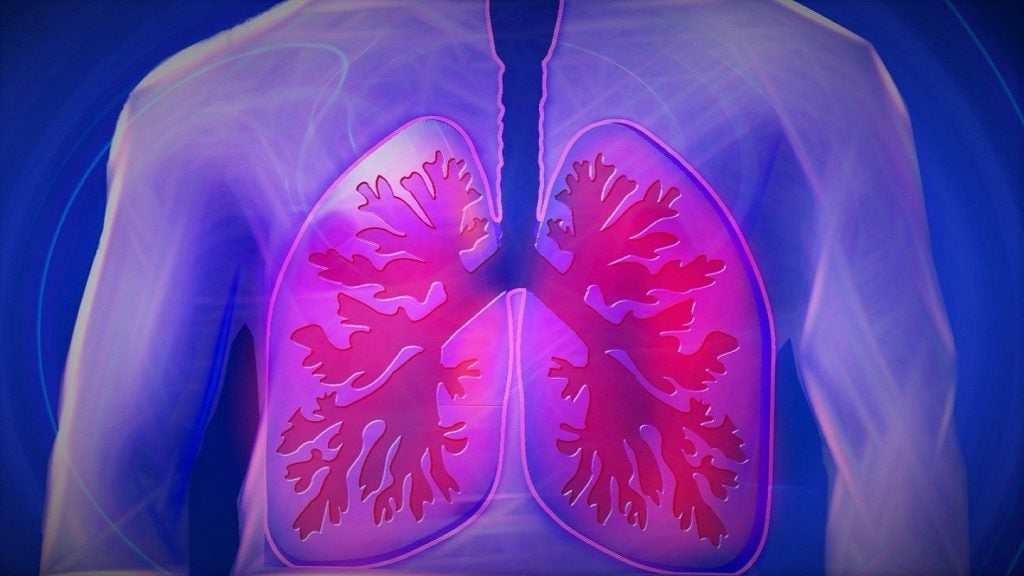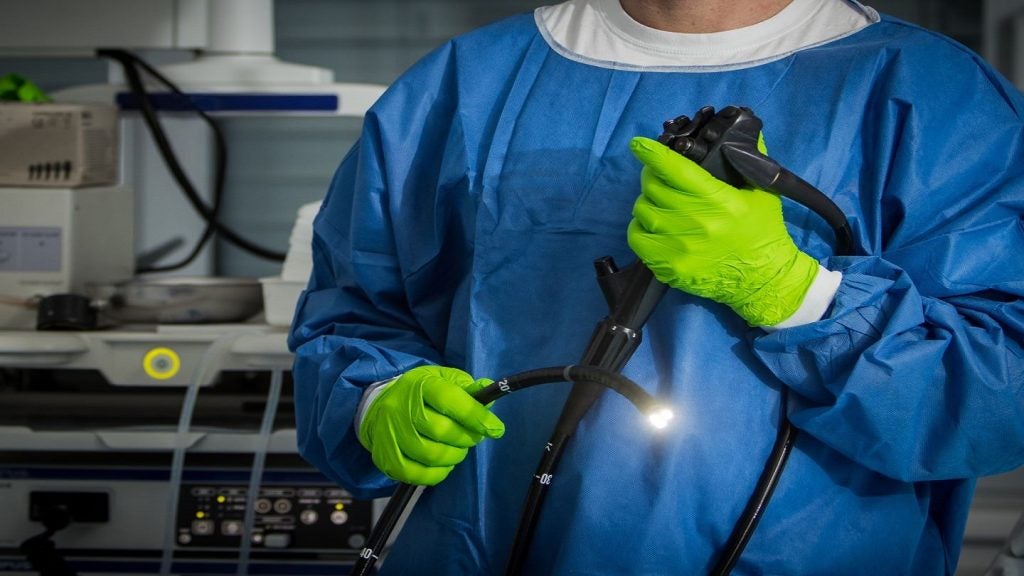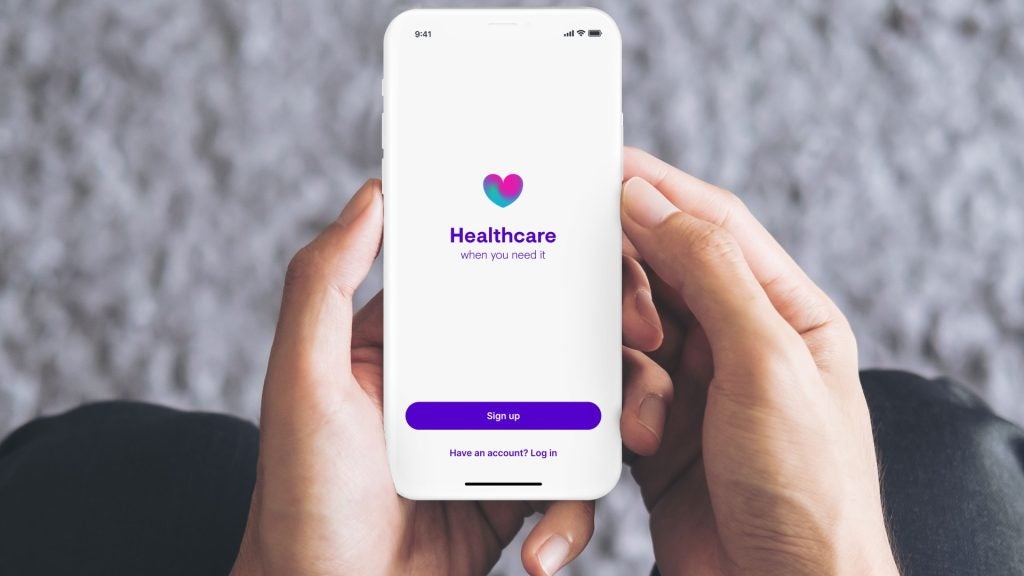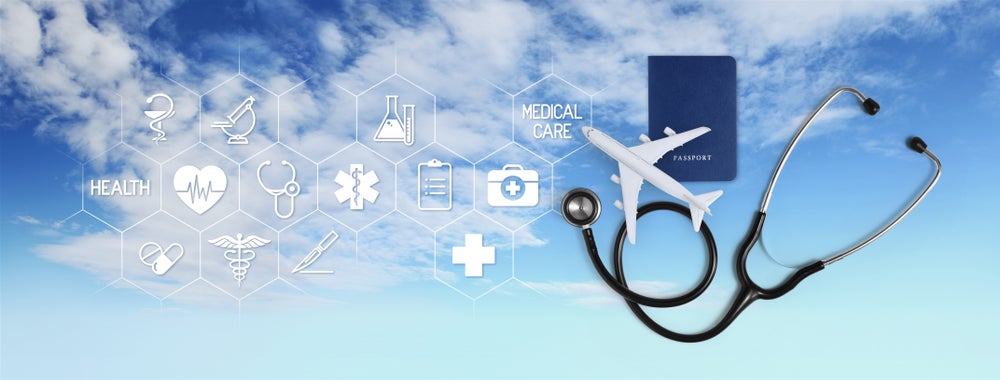Swiss medical device start-up Acorai has received breakthrough device designation from the US Food and Drug Administration (FDA) for its heart monitor.
The intracardiac pressure monitor (IPCM) is intended to non-invasively estimate mean pulmonary artery pressure, diastolic pulmonary artery pressure and systolic pulmonary artery pressure in patients with Stage C heart failure (HF), who were recommended for haemodynamic monitoring.
Claimed to be the first of its kind, the IPCM device leverages a proprietary machine-learning system and patented hardware technology.
It is designed as a companion test for qualified healthcare professionals.
For detecting haemodynamic congestion and supporting HF personalised treatment, the device can be used in conjunction with standard-of-care assessment in a clinical setting or hospital.
Acorai chief operating officer and co-founder Kasper Bourdette said: “Receiving breakthrough designation is a massive inflection point in our device development journey, and we are thrilled about the decision.”
Preliminary data from a Swedish pilot study involving 281 out of 400 patients has supported the breakthrough device application.
Acorai has obtained ethics approval in five countries, including the US, to conduct a larger study involving 1,200 patients.
This study aims to ensure that the device is generalisable across a global heart failure population.
Acorai CEO and co-founder Filip Peters said: “We could not be more delighted with the decision from the FDA, and it constitutes a huge milestone for us as a company. Congratulations to the entire Acorai team who have worked hard to enable this.”


